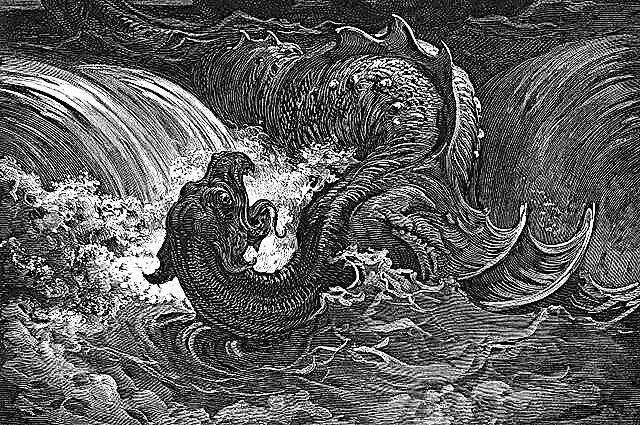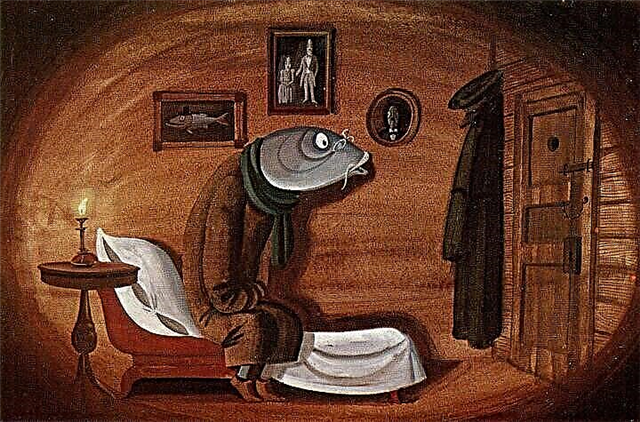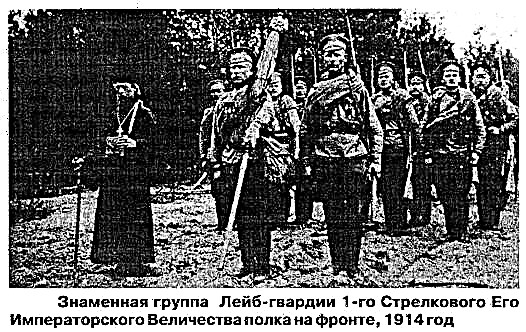The narrator sits in the second-class carriage of the Yokosuka-Tokyo train and waits for a signal to depart. At the last second, a country girl of about thirteen to fourteen with a rude, weathered face runs into the carriage. Putting a knot with things on her knees, she squeezes a third-class ticket in her frozen hand. The narrator is annoyed by her ordinary appearance, her dullness, which prevents her from even understanding the difference between the second and third classes. This girl seems to him a living embodiment of gray reality. Glancing over the newspaper, the narrator slumbers. When he opens his eyes, he sees that the girl is trying to open the window. The narrator coldly looks at her unsuccessful efforts and does not even try to help her, considering her desire a whim. The train enters the tunnel, and just at that moment the window with a knock opens. The carriage is filled with suffocating smoke, and the narrator, suffering from a throat, begins to cough, and the girl leans out of the window and looks forward along the train. The narrator wants to scold the girl, but then the train leaves the tunnel, and the smell of earth, hay, water pours into the window. A train passes through a poor suburb. Behind the barrier of the desert crossing are three boys. Seeing the train, they raise their hands up and shout some unintelligible greeting. At that moment, the girl takes out warm golden tangerines from her bosom and throws them out the window. The narrator instantly understands everything: the girl leaves to work and wants to thank the brothers who went to the move to conduct her. The storyteller looks at the girl with completely different eyes: she helped him “forget at least for a while about her inexpressible tiredness and longing and about the incomprehensible, base, boring human life”.
Tangerines
Share
Pin
Tweet
Send
Share
Send
Share
Pin
Tweet
Send
Share
Send
Recommended
Actual
Clarissa, or The story of a young lady
Anna Howe writes to her friend Clarissa Garlow that there is much talk in the world about the skirmish between James Garlow and Sir Robert Lovelace, which ended with the wounding of Clarissa's older brother. Anna asks to tell about what happened, and on behalf of her mother asks to send a copy of that part of Grandfather Clarissa’s will, ...
Popular Categories
© 2024 https://inbel.org




 How to write well
How to write well


 Clarissa
Clarissa


